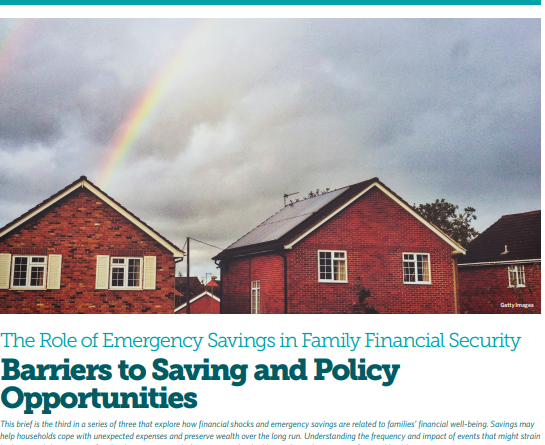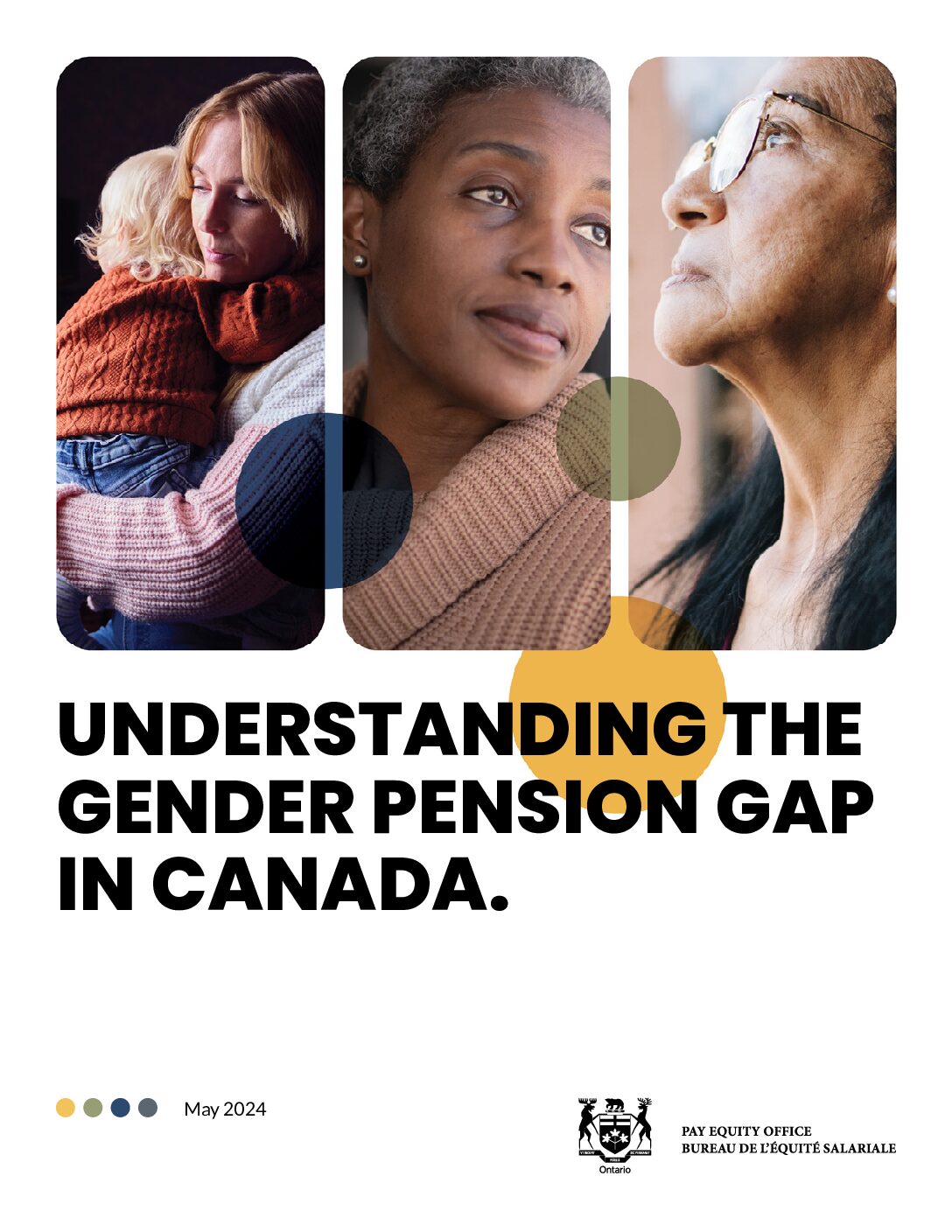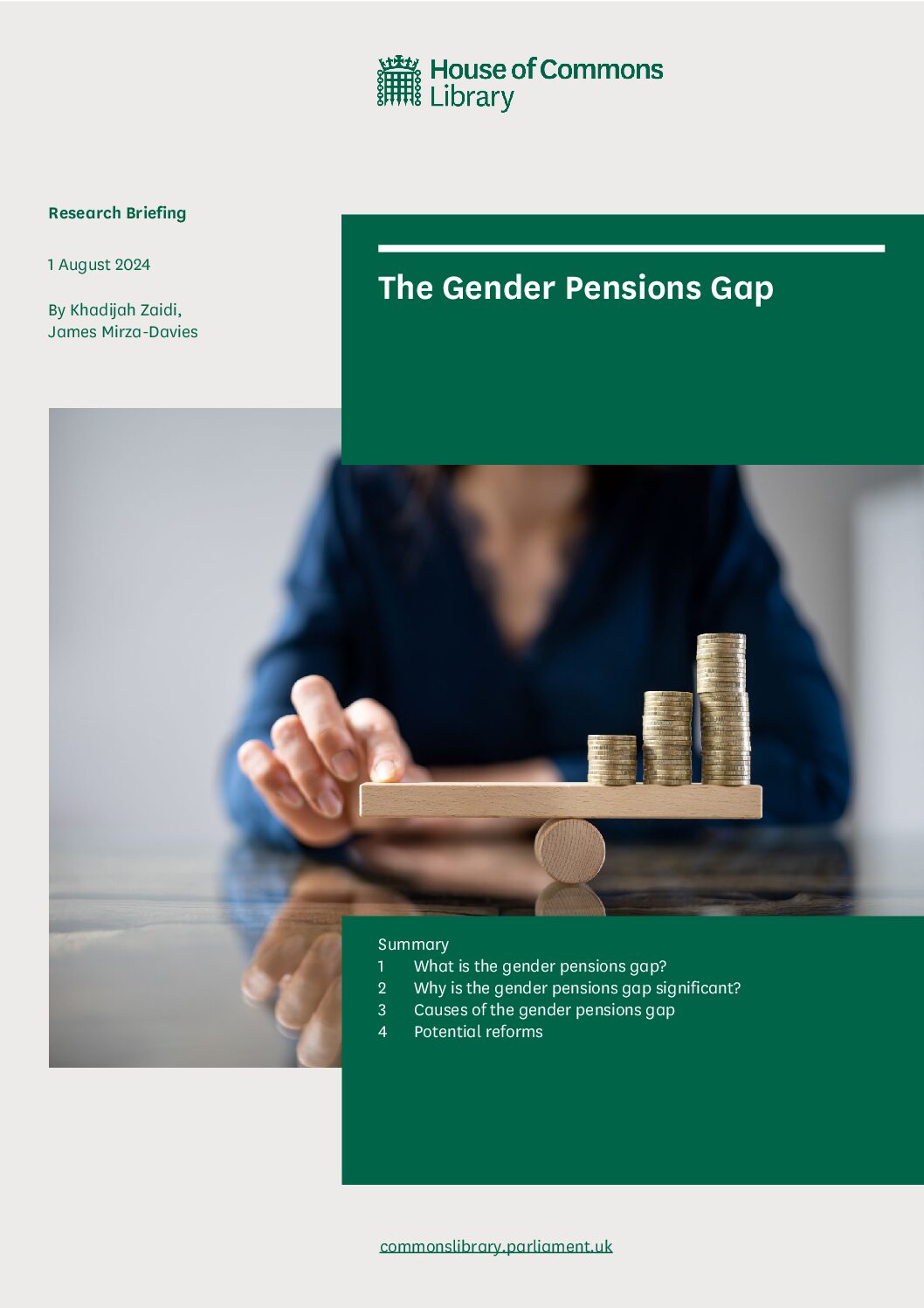The Role of Emergency Savings in Family Financial Security Barriers to Saving and Policy Opportunities
By The PEW Charitable Trust
The first two briefs in this research series on emergency savings detailed responses to The Pew Charitable Trusts’
Survey of American Family Finances, a nationally representative survey of 7,845 households, and demonstrated
that many households are at risk of financial shocks, that these shocks often disrupt and derail their finances, and
that the savings most have on hand are probably insufficient for the challenges they might face. Pew’s research
also has highlighted that although Americans believe robust emergency reserves are important, the typical
family would need to increase its liquid savings by more than $9,000 to reach the level of savings that household
members say their peers should have. Understanding this discrepancy is key to designing and implementing
efficient and effective public policy
Get the book here
269 views










